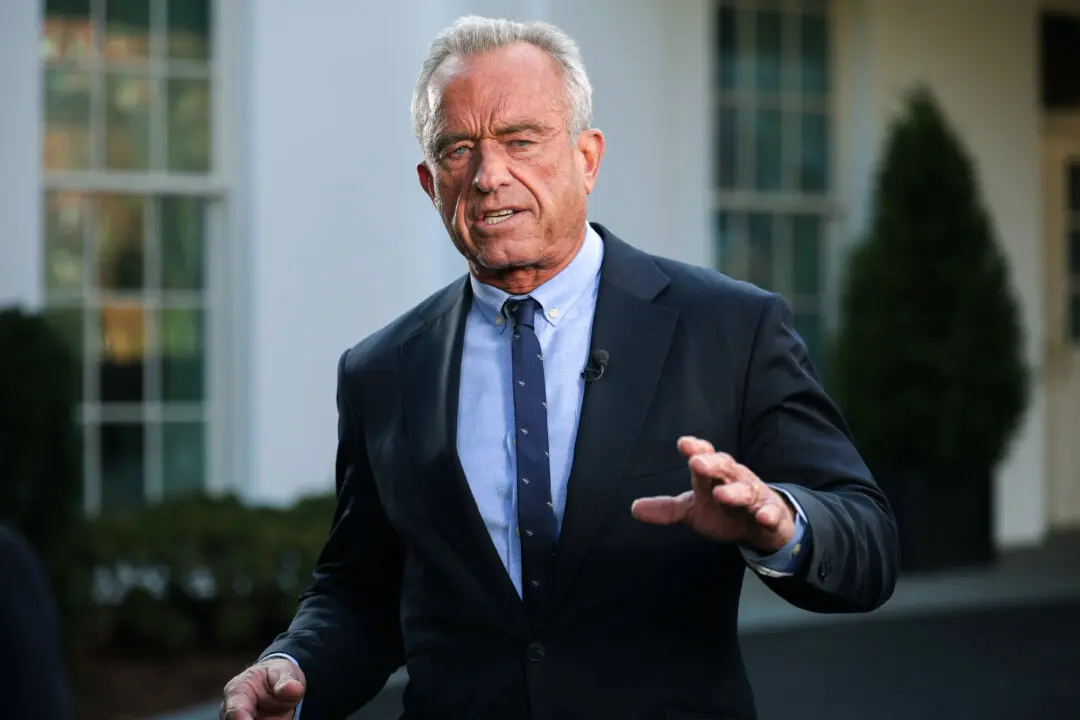The Foreign Intelligence Surveillance Act (FISA) court ordered the FBI to review warrant applications handled by Kevin Clinesmith—a former FBI lawyer referred for criminal investigation for allegedly removing a key line from an email when applying for a warrant to spy on a Donald Trump 2016 campaign aide.
The release of the order comes as the court’s very existence comes under pressure from lawmakers, after Justice Department Inspector General Michael Horowitz uncovered 17 “significant errors or omissions” in the applications to spy on Carter Page, who worked for Trump’s campaign.





